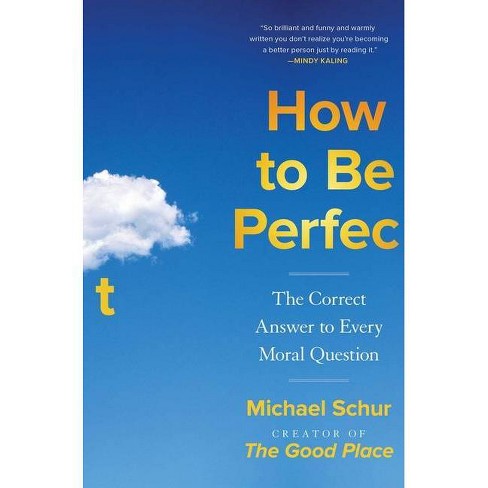My Highlights from the book
Keep trying. Keep trying. Keep trying.
If instead of apologizing the pope had said, “We never did this, historians are wrong, and also the church has done a bunch of good charitable work, and we’ll never apologize for our faith in God,” well, that wouldn’t be an apology. That would be… you get it.
The bullshitter has only one goal: to make the listener think of him as a certain kind of person, whether it be a patriot, a moral avatar, a sensitive and caring soul, or whatever else advances his personal interests. “The essence of bullshit,” said Frankfurt, “is not that it is false but that it is phony.”
a liar knows the truth and deliberately speaks in opposition to it. A bullshitter, however, is “unconstrained by a concern with truth.” The bullshitter couldn’t care less what the truth is—he wants only to make himself appear a certain way or achieve some effect on the listener.
For Sartre, life with no God to create systemic order for humanity may indeed be disturbing, but it’s also freeing. Without commandments we have to follow, or “meaning” to be found in religion, or national identity, or your parents being dentists and demanding you become a dentist too, or anything else, we’re truly free—in like a big-picture, eagle-eye-view-of-everything way—to choose what we are. “Signs” or “omens” exist only because we choose to see them, and we should never make a decision based on one; or if we do, we should recognize that the sign isn’t making the decision—we are simply choosing to interpret the sign in a way that points to our decision.
Try again. Fail again. Fail better.
Our lives are our own, and we shouldn’t feel bad about filling them with experiences and even objects that give those lives shape and dimension.
Remember Bernard Williams and his criticism of utilitarianism? He said that it denies us our integrity—our sense of being a whole and undivided person—and sacrifices our individual core projects in the name of a nonspecific mass human “happiness.” Utilitarianism can sometimes deny us the things that make us “us.”
Moral Exhaustion: Trying to do the right thing all the time is—and I’m going to use a fairly wonky, technical philosophy term here, so bear with me—a huge pain in the ass.
The Buddhist view of happiness requires that it be the right happiness—the mindful happiness that comes from devotion to the Buddha’s teachings. As Hanh says, Everyone wants to be happy, and there is a strong energy in us pushing toward what we think will make us happy. But we may suffer a lot because of this. We need the insight that position, revenge, wealth, fame, or possessions are, more often than not, obstacles to our happiness.
Quoting the great Enlightenment philosopher Montesquieu, she tells us that “ ‘knowledge makes men gentle,’ just as ignorance hardens us.”
avoid. “To put cruelty first,” she writes, is to disregard the idea of sin as it is understood by revealed religion. Sins are transgressions of a divine rule and offenses against God.… However, cruelty—the willful inflicting of physical pain on a weaker being in order to cause anguish and fear—is a wrong done entirely to another creature.
The best thing about Aristotle’s “constant learning, constant trying, constant searching” is what results from it: a mature yet still pliable person, brimming with experiences both old and new, who doesn’t rely solely on familiar routines or dated information about how the world works.
If we’re not careful, our personalities and habits slowly and inevitably calcify over time.
And the same way we develop any skill, Aristotle tells us, we become virtuous by doing virtuous things. This is the “lifelong process” part of the equation: “Virtue comes about,” he writes, “not by a process of nature, but by habituation.… We become just by doing just actions, temperate by doing temperate actions, brave by doing brave actions.”
Aristotle defines virtues as the things that “cause [their] possessors to be in a good state and to perform their functions well.”
Aristotle’s flourishing, to me, is a sort of “runner’s high” for the totality of our existence—it’s a sense of completeness that flows through us when we are nailing every aspect of being human.
Aristotle says that thing is: happiness. That’s the telos, or goal, of being human.
Or, in the words of Samuel Beckett: Try again. Fail again. Fail better.
Do the best you can until you know better. Then when you know better, do better. —MAYA ANGELOU
